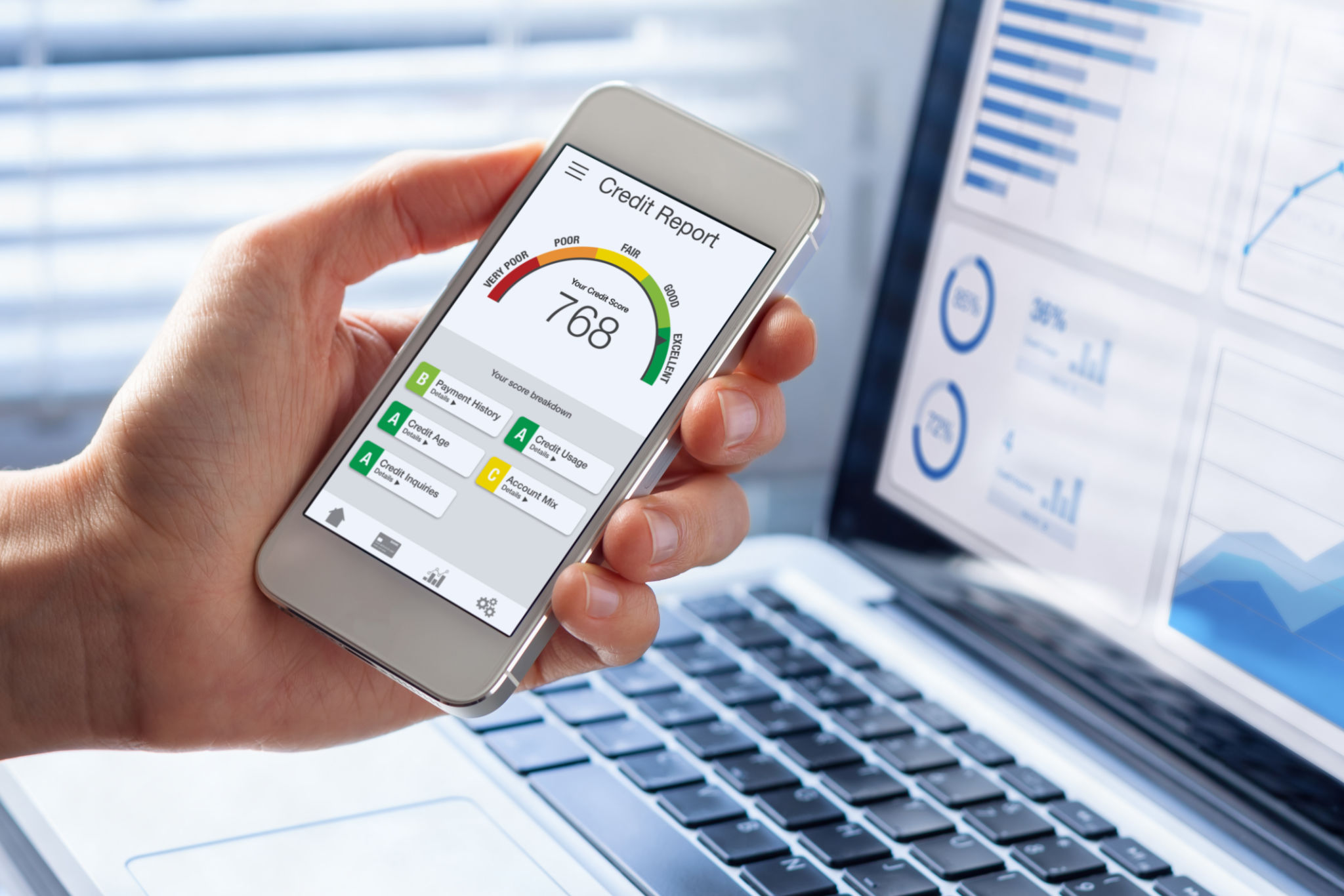Avoiding Common Credit Repair Mistakes: Insights from the DIY Credit Repair Kit
Understanding the Basics of Credit Repair
Repairing your credit can be a daunting task, especially if you're doing it on your own. However, with the right tools and knowledge, it's entirely possible to improve your credit score significantly. One of the key resources for those looking to embark on this journey is the DIY Credit Repair Kit. This guide helps you understand the nuances of credit repair and provides insights into avoiding common pitfalls.
Before diving into credit repair, it's essential to understand what affects your credit score. Factors include payment history, amounts owed, length of credit history, and types of credit in use. By focusing on these areas, you can make informed decisions that positively impact your credit score.

Identifying and Correcting Errors on Your Credit Report
One of the first steps in repairing your credit is obtaining your credit report from the three major bureaus: Equifax, Experian, and TransUnion. Once you have these reports, carefully review them for any inaccuracies. Common errors include incorrect personal information, accounts that do not belong to you, and inaccurate account status details.
If you identify any errors, it's crucial to dispute them immediately. The DIY Credit Repair Kit offers detailed instructions on how to file disputes effectively. Ensure you gather supporting documentation to back up your claims and send your disputes via certified mail to track their progress.
Avoiding Common Credit Repair Mistakes
While repairing credit, it's important to avoid common mistakes that can hinder your progress. One frequent error is closing old accounts, which can shorten your credit history and negatively affect your score. Instead, keep these accounts open and focus on paying down debt.
Another mistake is applying for new credit too frequently. Each application results in a hard inquiry on your credit report, which can lower your score. Be strategic about when and why you apply for new credit cards or loans.

The Importance of Timely Payments
Your payment history is one of the most significant factors in determining your credit score. Late payments can have a severe impact, so it's essential to pay all bills on time. Setting up reminders or automatic payments can help ensure you never miss a due date.
If you're struggling to make payments, consider contacting your creditors to discuss possible arrangements. Many companies offer hardship programs that can temporarily reduce your payments without damaging your credit.
Managing Your Debt Wisely
High levels of debt can be detrimental to your credit score. Focus on paying down existing debts rather than accumulating more. The DIY Credit Repair Kit provides strategies for effective debt management, such as the snowball or avalanche methods.

Additionally, aim to keep your credit utilization ratio below 30%. This means maintaining a balance that is less than 30% of your total available credit limit.
Regular Monitoring and Patience
Repairing your credit is not an overnight process; it requires patience and diligence. Regularly monitor your credit score to track your progress and ensure no new errors appear on your reports. Consider using free or low-cost services that alert you to changes in your credit status.
By following the insights from the DIY Credit Repair Kit and staying committed to the process, you can successfully navigate the journey of improving your credit score. Remember, consistency and informed decision-making are key components in achieving long-term financial health.